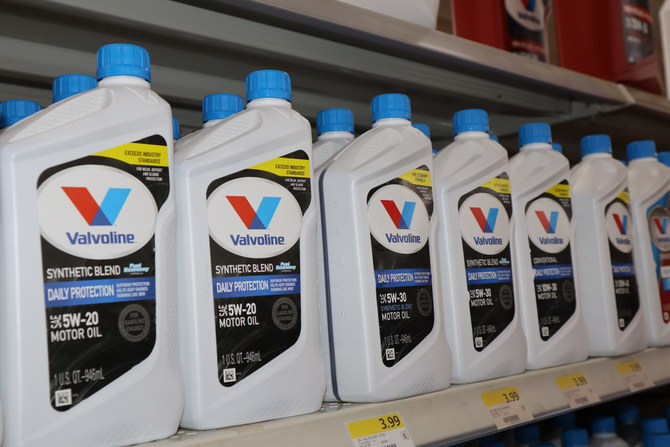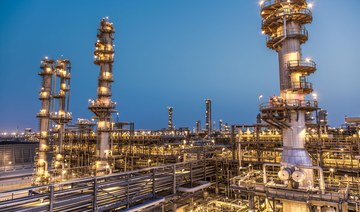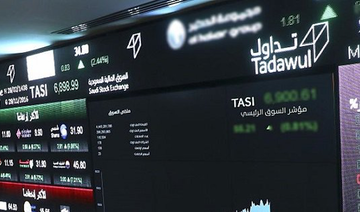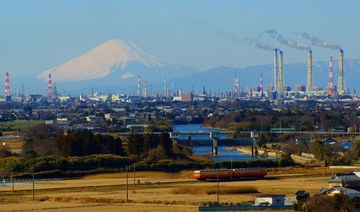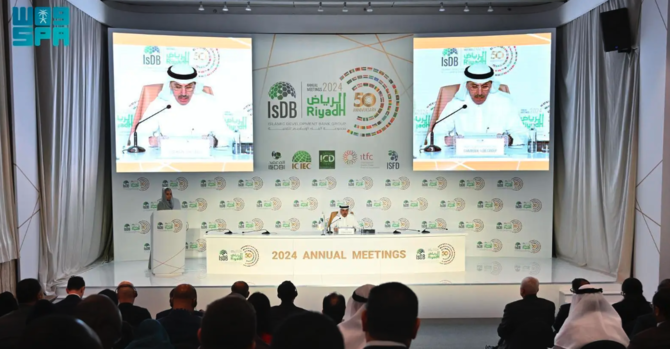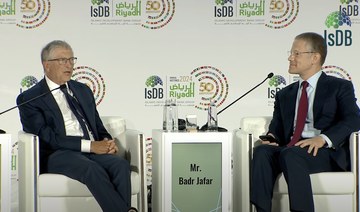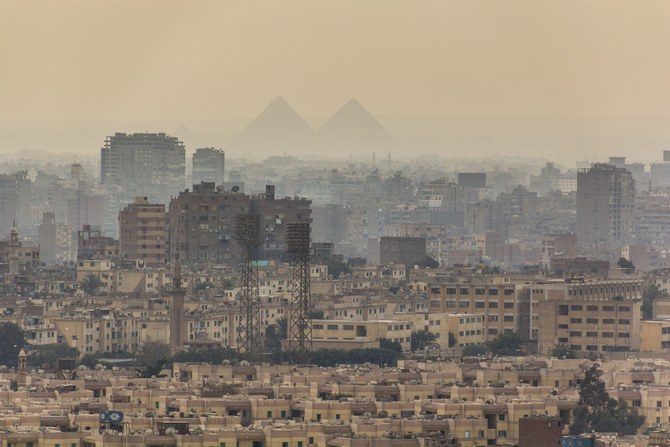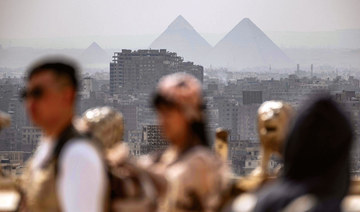RIYADH: Saudi Arabian Oil Co., also known as Aramco, plans to complete Valvoline Global Products acquisition by early 2023, Mohammed Y. Al-Qahtani, Aramco’s downstream senior vice president, told Arab News.
In early August, the oil giant announced that it had signed an SR9.9 billion ($2.65 billion) equity purchase agreement to acquire the US-based company.
Because VGP is a leading worldwide independent producer and distributor of premium branded automotive, commercial and industrial lubricants and automotive chemicals, it perfectly fits within the company’s base oil portfolio and lubricant growth strategy, Al-Qahtani said.
With this acquisition, he added that Aramco would expand its research and development activities and its partnership with original equipment manufacturers. The buyout will also complement its line of premium branded lubricant products.
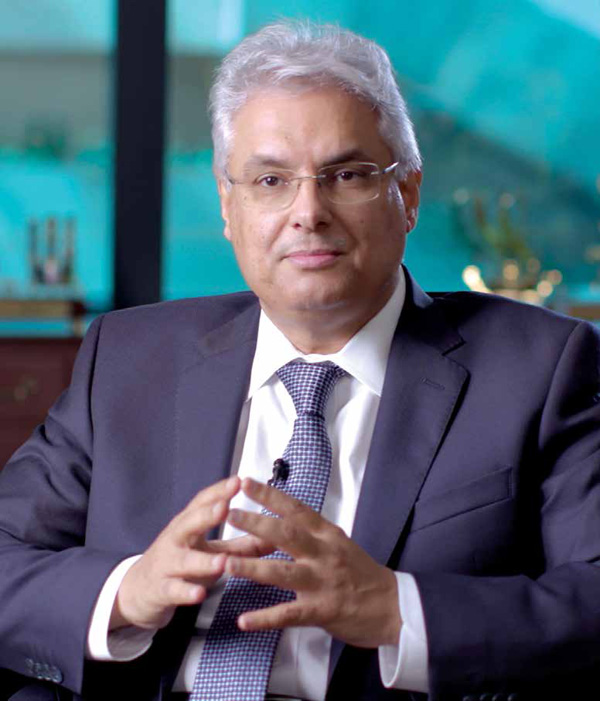
Mohammed Y. Al-Qahtani, Aramco’s downstream senior vice president
HIGHLIGHTS
• With this acquisition, the official said Aramco would expand its research and development activities and its partnership with original equipment manufacturers.
• The buyout will also complement its line of premium branded lubricant products.
• VGP will acquire perpetual ownership of the Valvoline brand, trademarks and copyrights in the products sector, he said.
“Valvoline and Aramco will expand their existing partnership to ensure that Valvoline’s iconic brand is managed in a consistent and holistic manner,” he said.
VGP will acquire perpetual ownership of the Valvoline brand, trademarks and copyrights in the products sector, Al-Qahtani informed.
As the crude producer seeks to expand the brand globally, VGP’s robust manufacturing and distribution network, significant R&D capabilities, strong partnerships with major OEMs and 150-year brand recognition will benefit the company, he added.

Talking about Aramco’s plans for the VGP employees, Al-Qahtani said: “VGP employees will be part of a company with the experience and platform to drive the success of the business going forward. Aramco appreciates the benefits of the talented VGP team around the globe driving the long-term success of the business.”
Al-Qahtani further stated that this transaction contributes significantly to Saudi Aramco’s 2030 strategic target of selling finished lubricants.
He said Aramco would own the Valvoline brand worldwide after closing the deal. For retail services, Valvoline will hold the Valvoline brand globally, excluding China and certain Middle Eastern and North African countries.
Through a long-term supply agreement, Valvoline will also procure lubricants from Global Products.
Commenting on the acquisition, Sam Mitchell, Valvoline CEO, previously said that the sale of VGP represented the successful outcome of its strategy to unlock the full, long-term value of its strong, but differentiated retail services and global products businesses.
Mitchell added that he was pleased that the company’s global products team would have a strategic new home with Aramco to further grow the business while developing the brand into a global lubricants leader.



